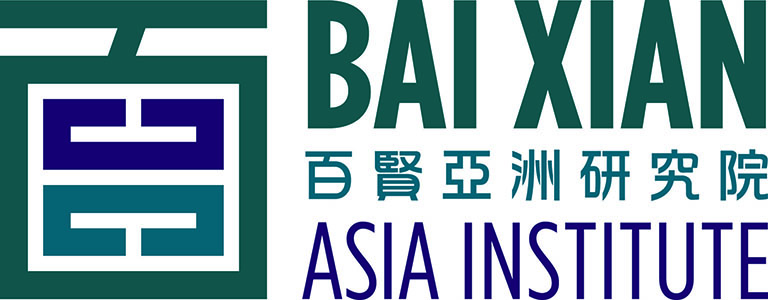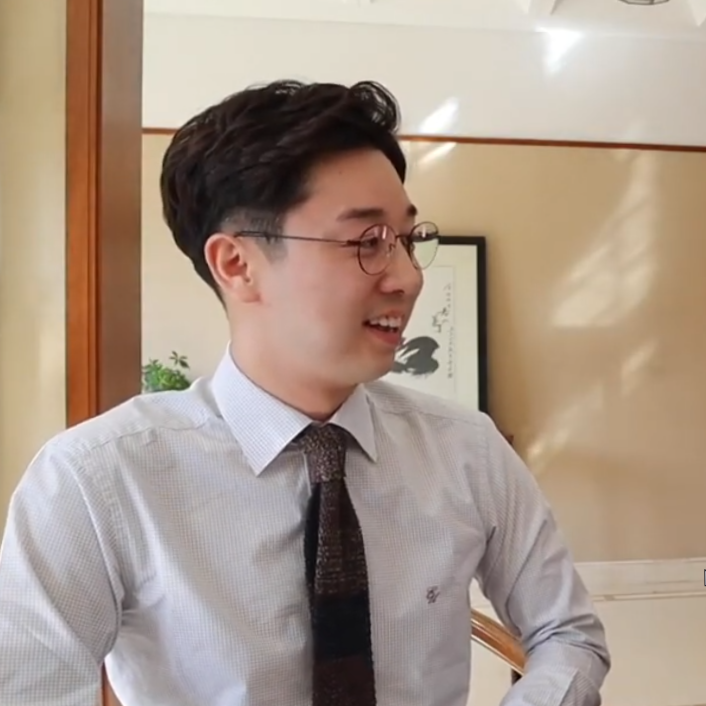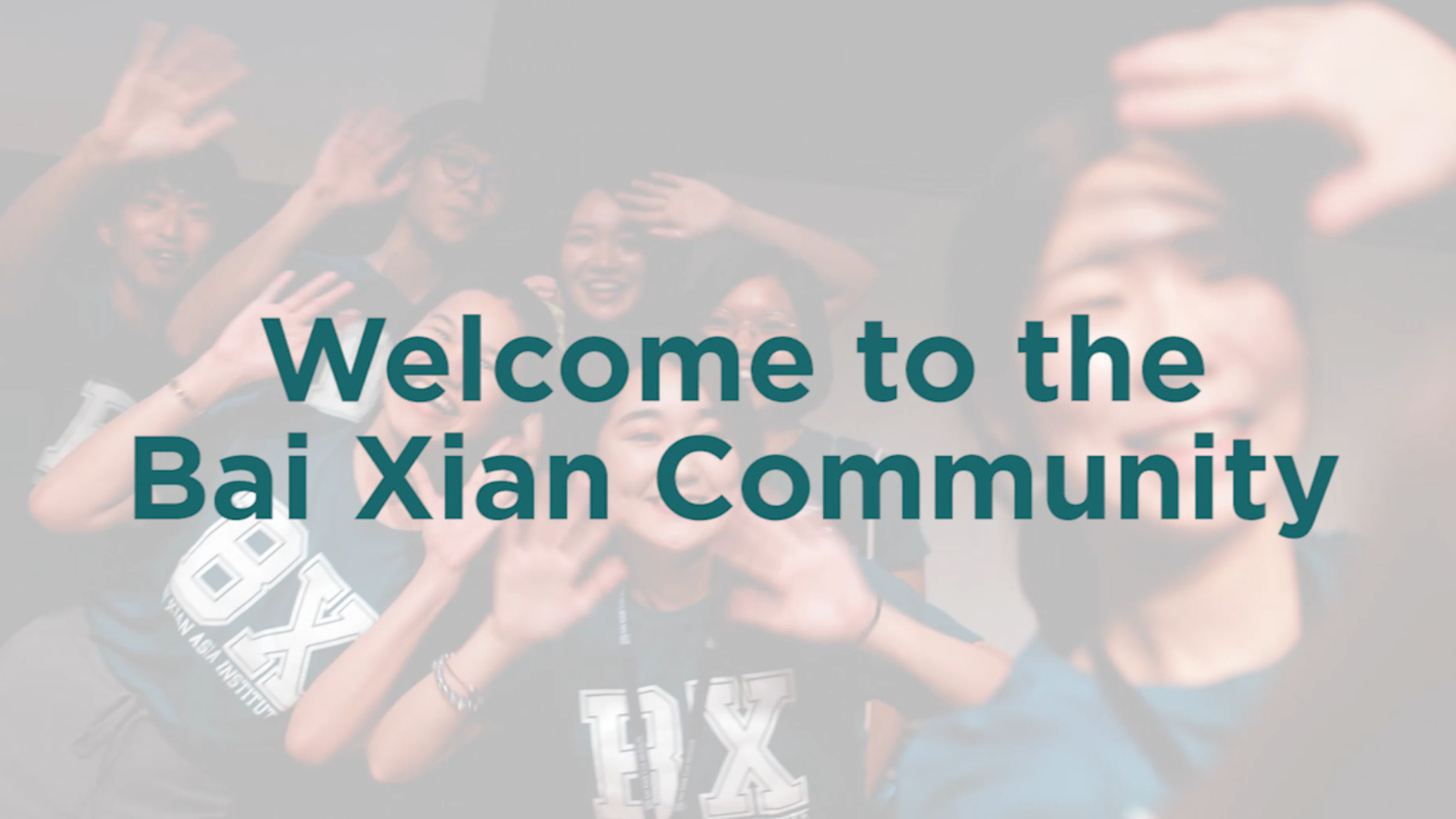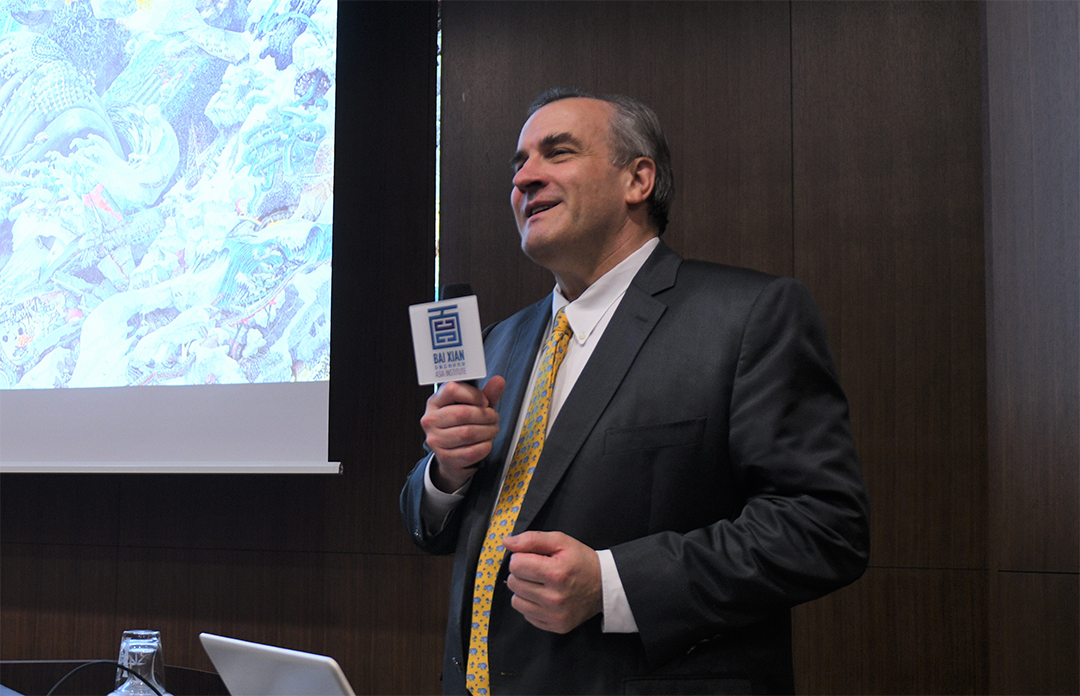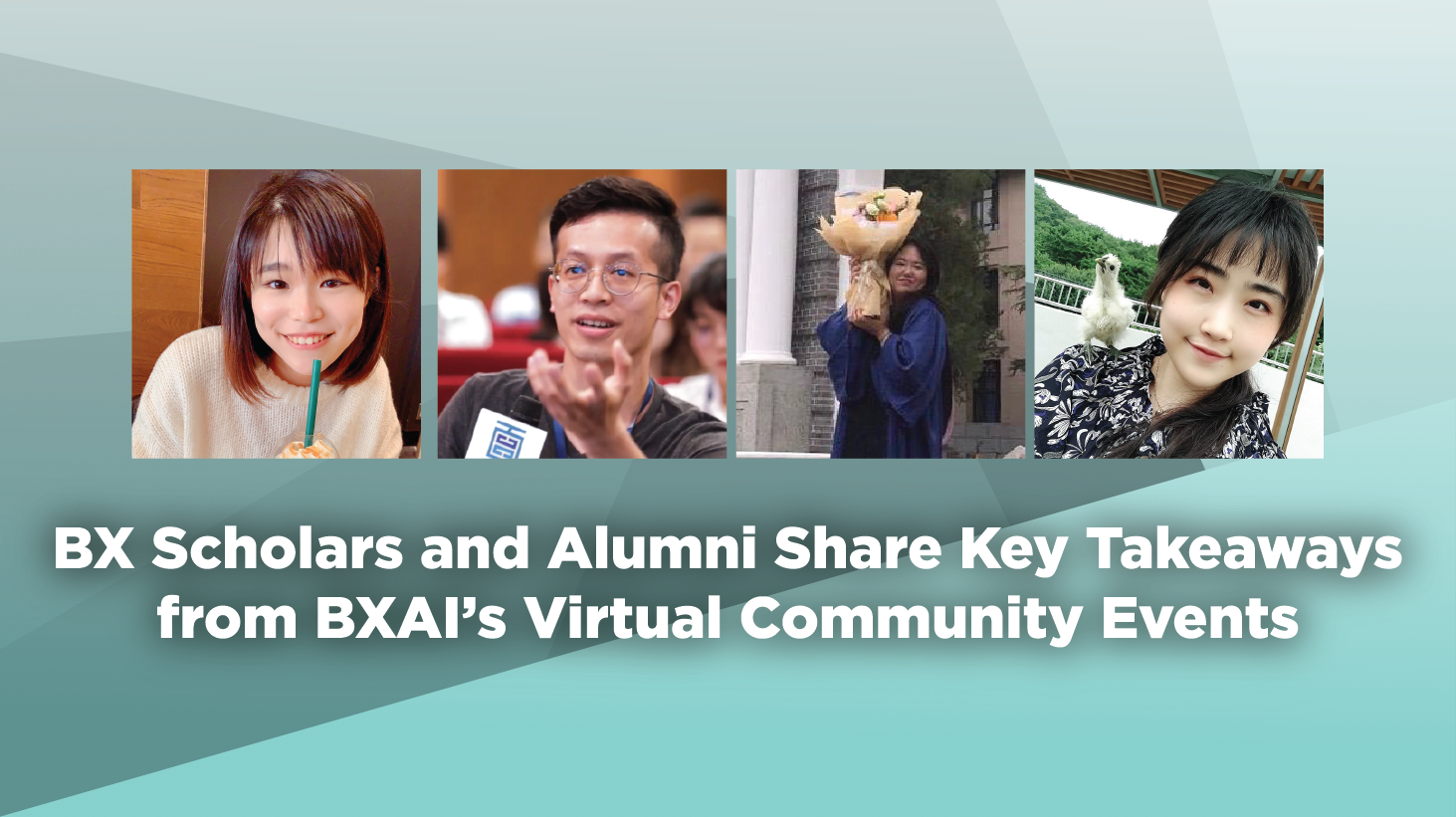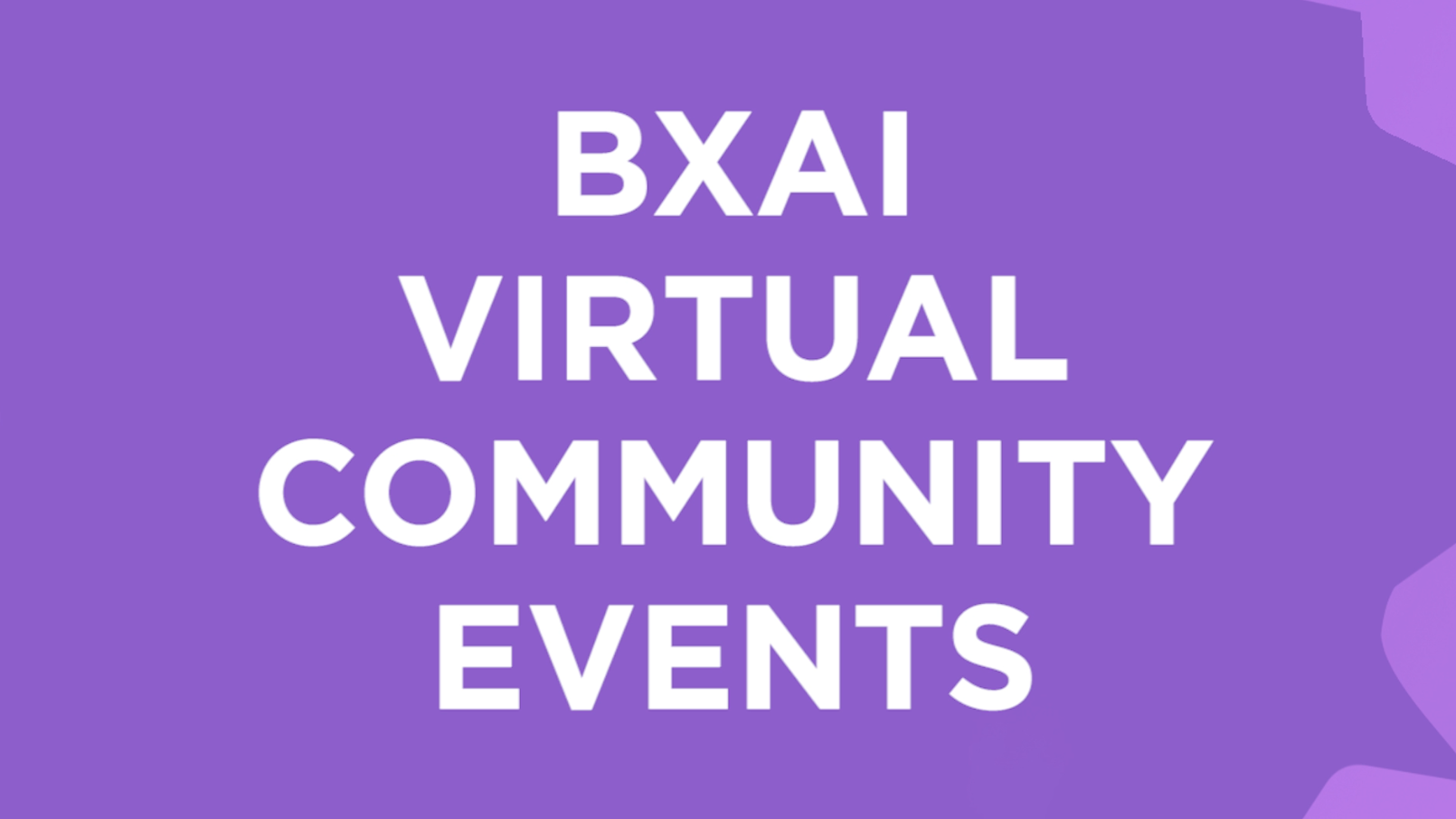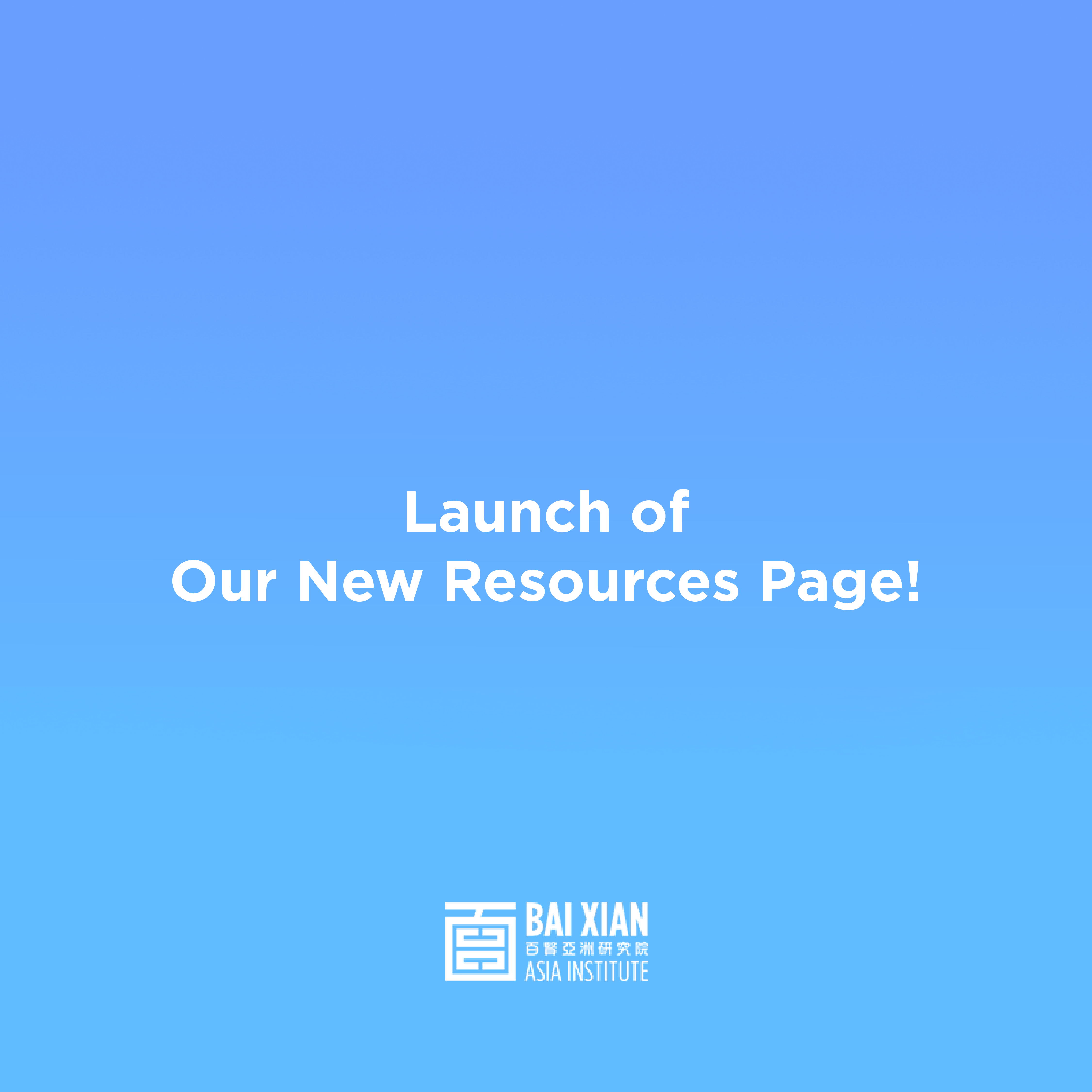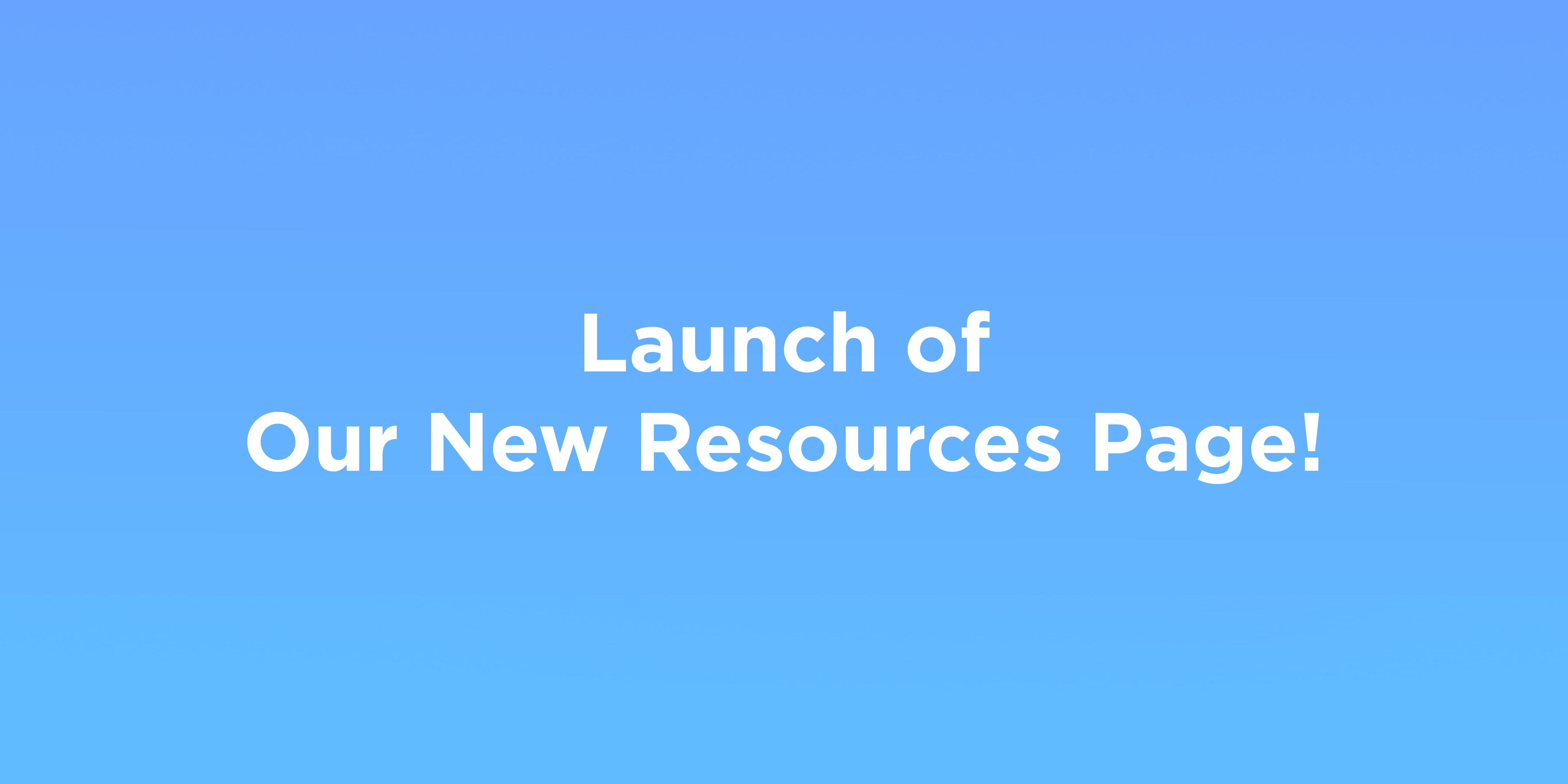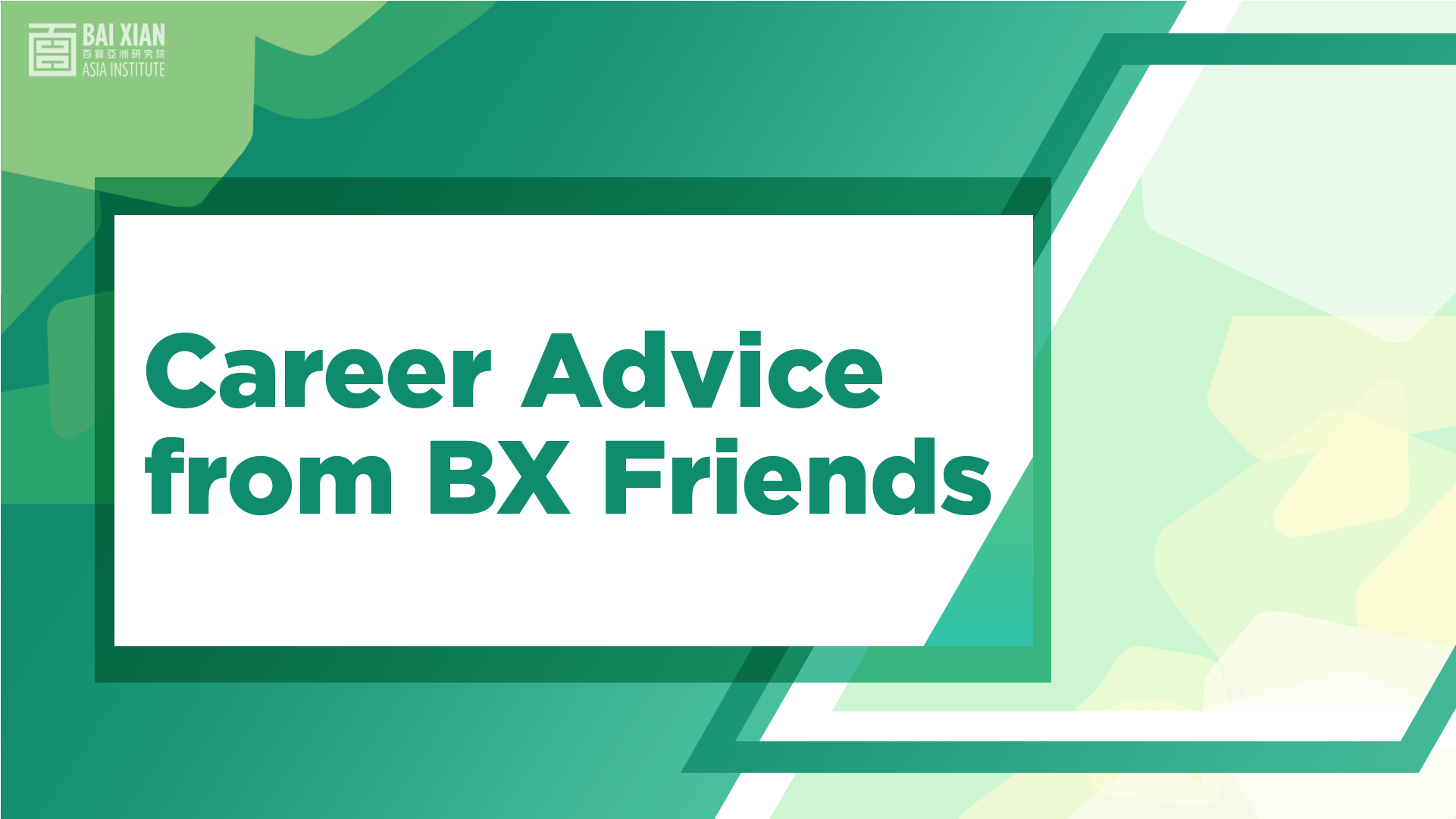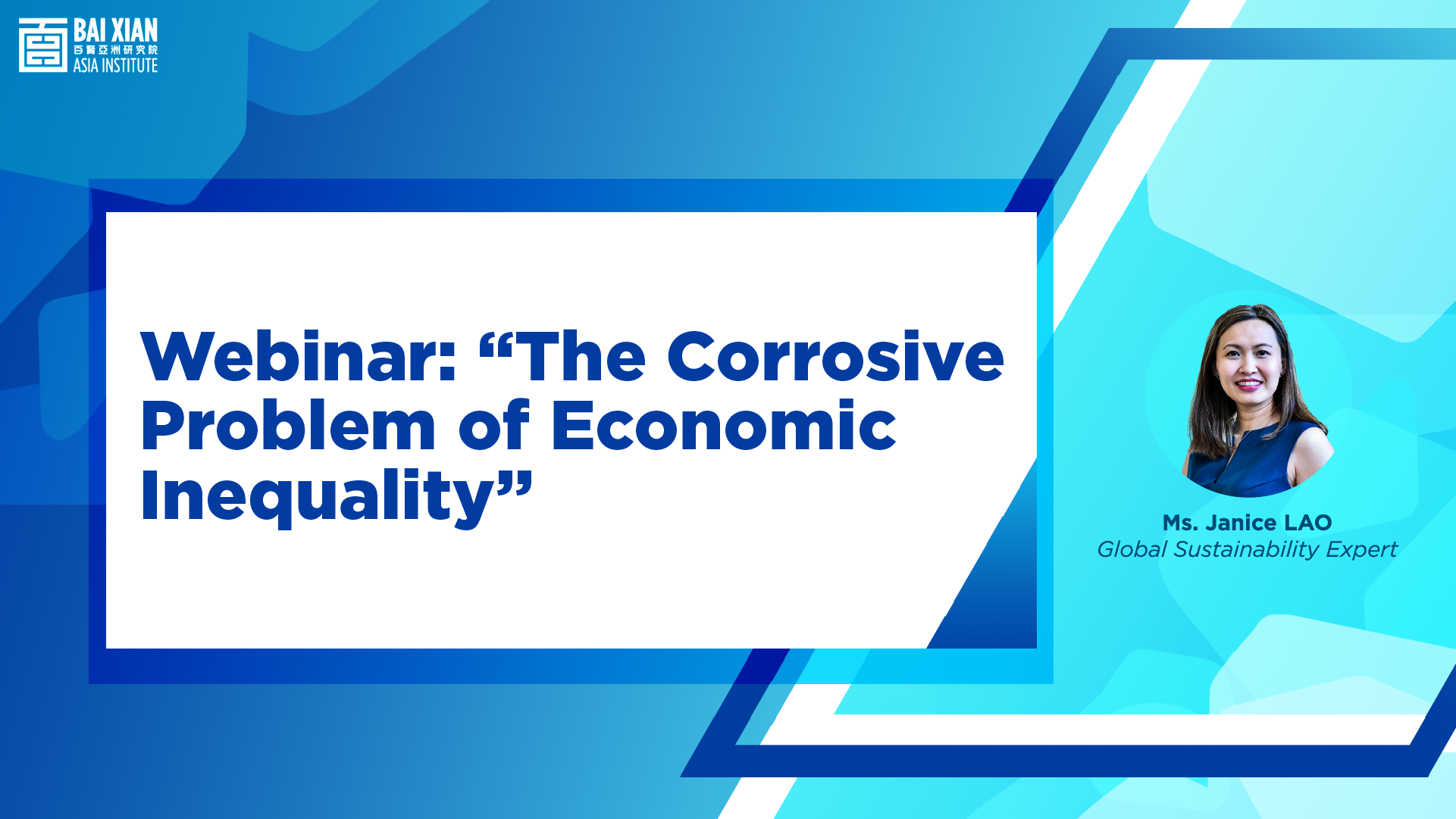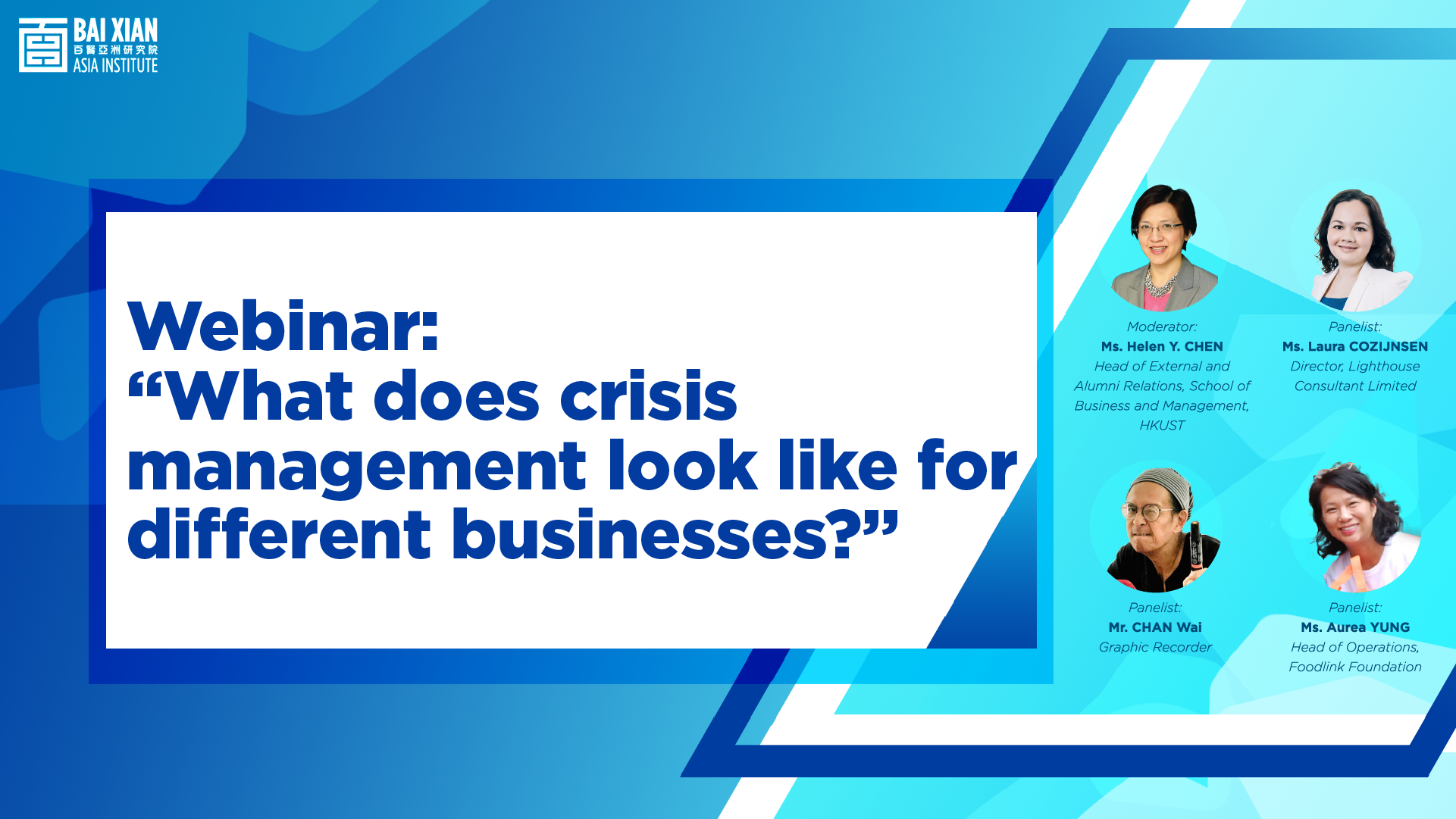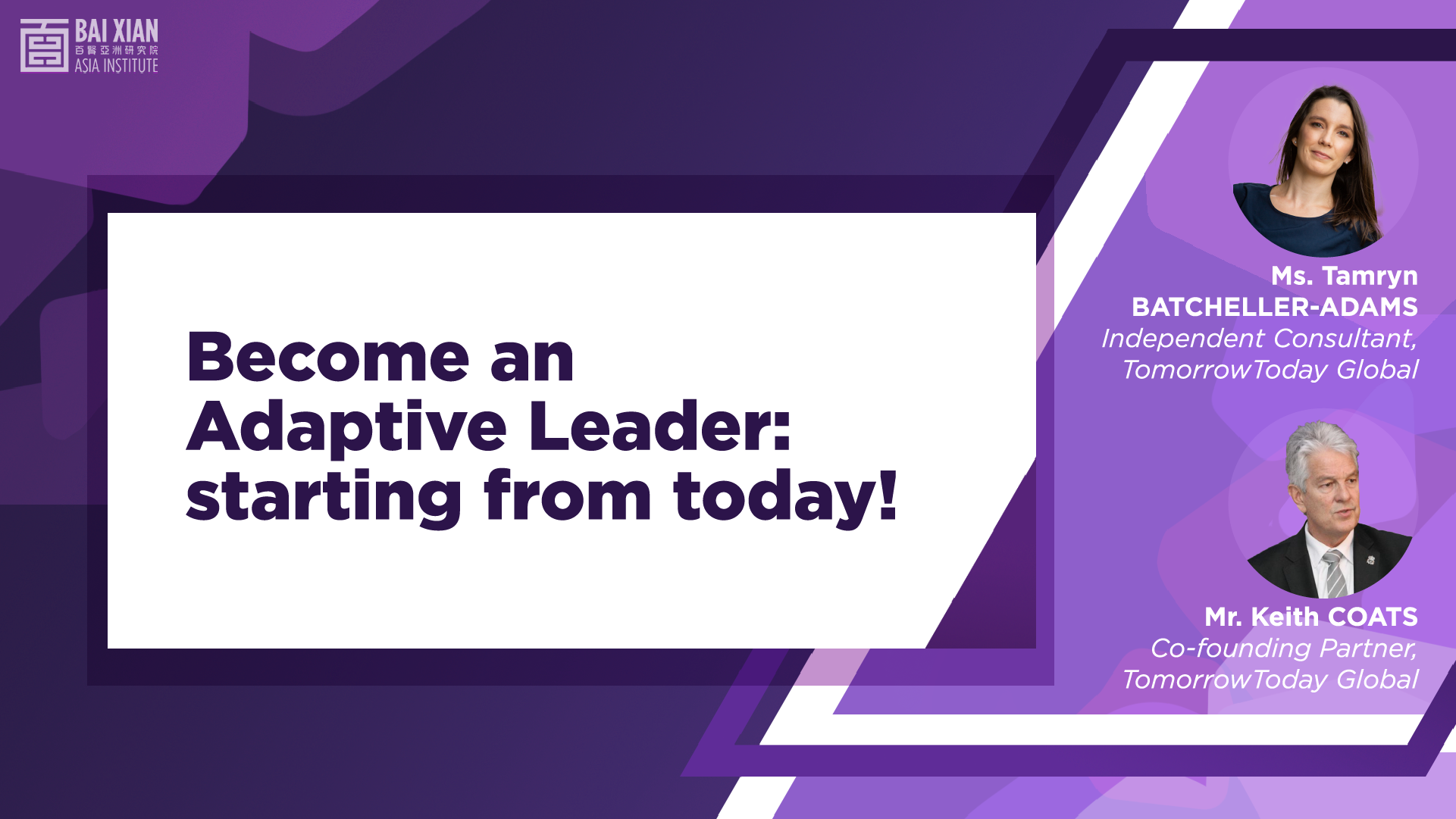Joushua CHO
Ms. Angela Cheung of our Communication and Development Committee chats with Korean Bai Xian Alumnus, Joushua Cho, about some of his biggest takeaways from his time at Tsinghua University and the BXAI Summer Program. Watch our interview video and learn more about the valuable lessons Joushua learned while studying abroad in Beijing.
Welcome 2020 Cohort!
A very warm welcome to our 2020 cohort of Bai Xian Scholars! Whether you’re studying on campus or online right now, all of us from the Bai Xian community wish you a great start to the academic year. Share your Bai Xian experience with us by tagging us @baixianasiainstitute and #BXplorers – we’d love to hear from you!
BX Scholars and Alumni Share Key Takeaways from BXAI’s Virtual Community Events
Sadako HAYASHI, BX Alumna, 2018 cohort

“What I learned from the adaptive leadership workshop was to accept changes and uncertainty, think about what we have lost, and figure out new ways to regain them,” says Sadako as she reflects back on her key takeaways this summer. Despite feeling stressed about the current situation, Sadako was inspired by the workshop to look beyond herself and find something she could do for others, which ended up with her offering online Japanese language classes to her Chinese friends. “Even though I feel like I have lost opportunities to engage with others during the pandemic, I’m glad I’ve found a new way to create connections and stay positive.”
Rick HSIEH, BX Alumnus, 2018 cohort
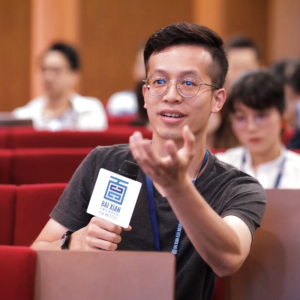
“The career tips and insightful sharing offered by the speakers really benefited scholars like me. Since most of us are at the early stages of our career, all of this useful advice is exactly what we need and we can apply it to our lives right away,” says Rick, adding that what he appreciated most was the high level of interaction and engagement he experienced during the soft skills workshops and Coffee Time sessions.
Soojung RO, BX Alumna, 2019 cohort
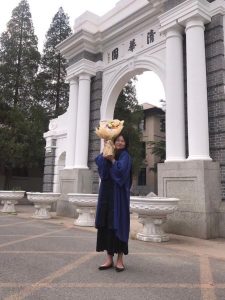
What stood out the most to Soojung during her favorite Virtual Community Events session, our “How has the pandemic affected the landscape of Asia?” webinar, was Professor Koo’s encouragement to enjoy our differences as well as similarities. “In South Korea, some people confuse the words ‘different’ (다르다) and ‘wrong’ (틀리다). When they say ‘you are different from me’, they may end up saying ‘you are wrong’, as if to equate differences with wrongness,” she said. “In a world dealing with COVID-19, we may find ourselves facing a collision of differences. But I believe that if we can embrace our differences, our world will become a better and more beautiful one, full of diverse colors like a rainbow!”
Hyunjeong ROH, BX Scholar, 2019 cohort

“It has been a wonderful learning experience – I have begun putting the soft skills I have acquired into practice!” reported Hyunjeong, who, after attending our adaptive leadership workshop, was inspired to unlearn and relearn by attempting to write with her left hand and hula hoop the opposite direction. “Instead of struggling to cope with all the uncertainty and anxiety brought about by the pandemic, I was reminded by the speakers to tap into the adaptability we all innately possess, take initiative, and provide guidance to those around me. What they shared was a breath of fresh air and a boost of confidence for me!”
Dane ANCHETA, BX Scholar, 2020 cohort

“Listening to Ms. Jean Sung share about her own experiences during her coffee time session reminded me of the importance of generosity and compassion, especially during these difficult times,” says Dane as she reflects back on our Virtual Community Events this past summer. She also felt that the adaptive leadership workshop was timely and relevant. “Changes happen and a good leader must have the openness to accept the challenges brought about by these changes. We can learn from the past but we should not be stuck in it. We must continue to move forward.”
Yu De PEI, BX Scholar, 2020 cohort
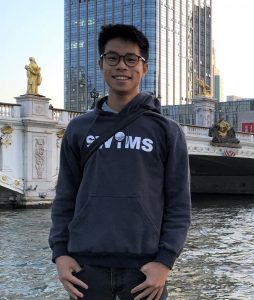
“The meditation session with Jason Lai helped me to accept uncertainty and handle my emotions better,” says Yu De, who believes he has become more compassionate to himself and others after attending the virtual session. Realizing that the world is continually changing and that things are often beyond our control, Yu De now tries to focus on what’s important rather than allowing himself to be driven by anger and anxiety. “I highly recommend these events as there are always small nuggets of wisdom that can be applied to our daily life!”
Check out our new resources page for more session recordings here.
BXAI Virtual Community Events Summer 2020
This past summer, we witnessed the power of community at the BXAI Virtual Community Events – a special initiative developed to connect and engage the BX community through a variety of online activities including webinars, community building opportunities, and soft skills training workshops. We have been very encouraged to see many of our scholars, alumni, and friends continued to build bridges, learn, and grow alongside one another despite the challenging environment. Check out our highlight video, which captures some of the memorable moments we shared!
Learn more about our Virtual Community Events here.
Full recordings of selected sessions, blog posts, and additional resources are available on our new Resources page.
Launch of Our New Resources Page!
We are pleased to announce the launch of a new “Resources” page on the BXAI website! Designed as an online learning platform for the BX community, this page includes full recordings of our Virtual Community Events, blog posts, and other resources covering topical issues, career tips, and valuable insights from BX community members and guest speakers.
Visit our new Resources page here.
[Blog] Career Advice from BX Friends
Career Advice from Ms. Kazue Sasaki, Career Service Director at Hitotsubashi ICS
We are thankful for Ms. Kazue Sasaki, Career Service Director at Hitotsubashi ICS, who sent us a short video message addressing fresh graduates facing an unprecedented job hunting landscape in the midst of the COVID-19 pandemic. Watch her video via the link below or read through our summary of her advice!
Advice #1: Analyze the Fragility and Opportunities of Different Industries
Despite the fact that some industries and companies have been hit hard by the pandemic, others see this time as an opportunity to grow their business and are continuing to recruit new staff.
Advice #2: Reassess Your Short-Term Career Plan
Once you have mapped out the risks and opportunities of different industries and companies, you may need to reassess your short-term career plan and expand the scope of your target job in terms of industry, company, or position. Be flexible and pragmatic in your approach to finding your first job during the COVID-19 crisis.
Advice #3: Stick to Your Career Aspiration but be Flexible
Instead of limiting yourself to an “ideal position” in a specific company, consider other opportunities that may come your way. You do not need to give up on your career aspirations but these unprecedented times demand a degree of flexibility. Networking is especially important now – use your network at your school and the Bai Xian community to connect with people from various industries all over the world.
Advice #4: Be Comfortable with a Certain Level of Ambiguity
There are many unknowns at the moment and the best you can do is to draw assumptions and consider multiple scenarios and options. Try to be at ease with a certain level of uncertainty.
The Best Career Advice No One (but Angela) Tells You
At a recent Coffee Time session, Ms. Angela Cheung (Managing Director of APV, and Communication and Development Committee member of BXAI) shared with us some unconventional yet practical career advice that gave us new perspectives on how to find and sustain a purposeful career. Check out the recording of the session or our summary below to learn more!
Advice #1: To be Successful, Just Exhibit These Three (or Even Two!) Traits
According to bestselling author, Neil Gaiman, we only need to develop these three traits to be successful in our work: (1) deliver good work, (2) deliver on time, and (3) be likeable. And the best part is, we don’t even need all three – two out of three is good enough!
If your work is not amazing but you deliver it on time and you are a real pleasure to be around, you’ll probably get hired again. If you miss a deadline, but deliver great work and are likeable, you’ll also probably get hired again. “The good news is, you don’t have to be amazing at everything,” said Angela, adding that another important component she would add to the mix is providing a positive experience to our clients.
Advice #2: Don’t Think Out of the Box Until You Understand What the Box is!
“To break the rules, you have to understand the rules.”
Through her “180-degree rule” illustration, Angela explained that to effectively venture “outside the box”, we must first understand the boundaries and rules (such as brand guidelines and office etiquette) of the business, brand, or company.

Advice #3: Don’t Expect Your Boss to Care About You
“There’s no career godmother who comes in and gives you a job that has purpose.”
Angela emphasized the need to take responsibility for our own career. At the most basic level, our jobs are just simple business transactions: we are given a salary for services that we deliver. Instead of expecting the company or our boss to offer us purpose and a career path, we have to take it upon ourselves to create value. If I want to earn more, what more can I offer? If I want more purpose, what purpose can I glean from this job? How can I steer my career path during my time at this company?
Advice #4: One Plus One Equals Three
In his book, The Power of Twos, Joshua Wolf Shenk uses examples of numerous famous duos to shatter the myth of the lone genius and highlight how one-to-one partnerships drive creative success.
Angela spoke about how and why two partners, often contrasting in personality or skill set, balance each other out to attain success, and stressed the importance of finding the right partner.
“Bai Xian is a great place to look for collaborative partners, and to start finding out who you like working with, and who does or doesn’t bring out the best in you.”

Just as our speakers Angela and Treena advised us at the presentation workshop to “let your network work for you,” we encourage you to join the BXAI LinkedIn group here so that you may connect with our network of scholars, alumni, and friends across cohorts, fields of study, and industries. See you online!

[Recording] Webinar: The Corrosive Problem of Economic Inequality
“Business today seems to be serving itself and not humanity. Economies are made up of people and for people. Because we’ve forgotten that, there is an inequality problem,” said global sustainability expert, Ms. Janice Lao, at July 31’s webinar as she discussed the corrosive problem of economic inequality. Besides expecting governments and businesses to solve the problem, Janice challenged scholars to think about what they can do with their careers for the betterment of society. “The talents and skill sets that you have had the privilege to acquire are not for you to use alone. Take advantage of the opportunities you have to really make a difference in the world.”
Session Notes
1:22-1:53 Introduction of speaker
2:07-6:44 Who owns and contributes the most in the economy?
6:45-13:53 Research on economic inequality
13:54-20:34 What is economic inequality and how does it manifest?
20:35-25:02 What are the impacts of economic inequality?
25:03-27:17 7 pillars of middle class society is under threat
27:18-28:54 The middle class and education
28:55-30:21 Income share comparison
30:22-32:51 Millennials and Gen Z: may end up poorer than their parents
32:52-40:43 Eroding of trust in institutions and its impacts
40:44-41:52 What we need to do?
41:53-42:48 Business has to be in service to humanity
42:49-1:05:08 Q&A
Download the presentation slides here.
What can be done about the world's growing economic inequality problem? Find out more about what Janice shared at her webinar through Chan Wai’s eye-catching graphic recording!
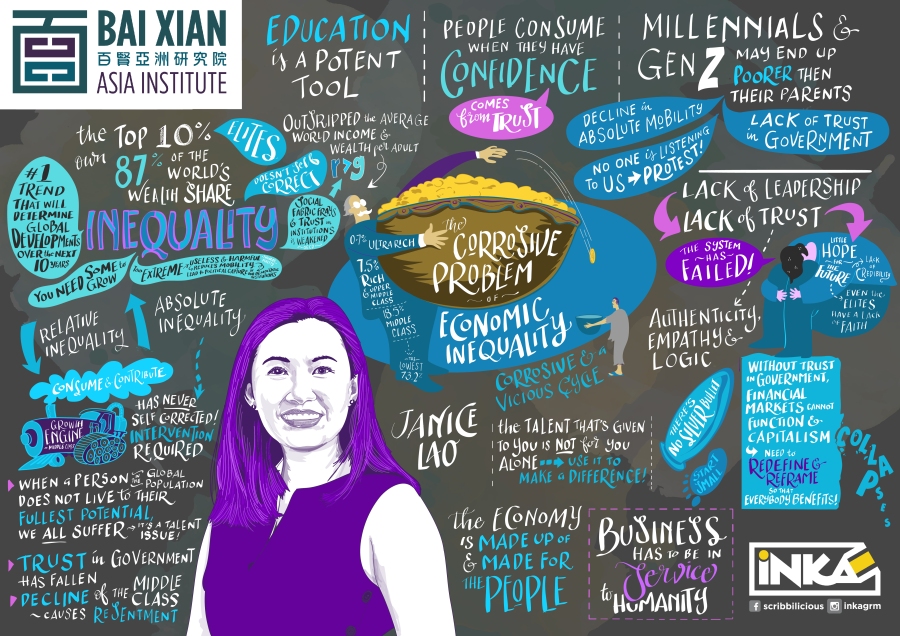
[Recording] Webinar: What Does Crisis Management Look Like for Different Businesses
Our final webinar, “What Does Crisis Management Look Like for Different Businesses?”, was held on August 6 moderated by Ms. Helen Chen, Communication and Development Committee Member of BXAI, and featuring panelists Mr. Chan Wai, graphic recorder; Ms. Laura Cozijnsen, founder of Lighthouse Consultant Limited; and Ms. Aurea Yung, Head of Operations at Foodlink Foundation.
Discussing the challenges brought about by the global crisis from different perspectives, our panelists shared openly about how the pandemic prompted them to rethink and modify their business practices, look for new opportunities, and proactively prepare for future challenges in the post-COVID world. Instead of living with a mindset that things will go back to normal, we were encouraged to reorient our viewpoint while maintaining a positive outlook informed by agility, adaptability, and resilience.
Session Notes
1:09-9:03 Introduction of moderator and panelists
9:04-31:44 What are the significant differences that you have experienced before and after the pandemic?
10:14-15:27 Sharing by Chan Wai
15:28-19:51 Sharing by Laura
19:52-23:25 Sharing by Helen
23:26-31:44 Sharing by Aurea
31:45-45:29 How do you plan proactively for the future challenges?
32:48-35:47 Sharing by Laura
35:48-37:56 Sharing by Chan Wai
37:57-42:12 Sharing by Aurea
42:13-45:29 Sharing by Helen
45:30-48:41 Chan Wai’s takeaways from digital recording
48:42-1:15:12 Q&A
1:15:13-1:19:18 Words of advice from the speakers
A special shout-out to graphic recorder Chan Wai, who has digitally scribed many of our virtual sessions this summer (including his own!). We enjoyed hearing about how he and our other panelists have learned to not just survive, but thrive in times of crisis. Find out more about what was shared through his drawing below!

[Recording] Become an Adaptive Leader: Starting from Today!
“The DNA of adaptive leadership comprises learning, unlearning, and relearning.” This was one of the key points highlighted by TomorrowToday consultants, Mr. Keith Coats and Ms. Tamryn Batcheller-Adams, at our adaptive leadership workshop on July 28. To develop our adaptability, we also learned that we have to understand our context, accept change, and allow space for curiosity and creativity. “Things are shifting rapidly and we won’t be able to just apply the old context to the new,” said Keith. “We need to ask ourselves what we should keep from the past that has worked well, what we need to discard, and what we need to create.”

Session Notes
2:08-3:10 Introduction of speakers
3:25-5:10 Workshop preview
5:11-6:16 The ‘New Normal’
6:17-10:00 What words would you use to describe the current global context?
10:14-11:50 Thinking like a futurist
11:51-15:40 The importance of context
15:41-21:06 Visual intelligence
21:07-25:13 Principles of adaptive leadership
25:14-26:10 4 key components of developing adaptive intelligence
26:11-35:45 Accept change and uncertainty
35:46-42:00 Invite learning
42:01-47:01 Curiosity
47:02-51:28 As a leader: 3 keys for your consideration
51:29-52:32 Being a ‘Broker of Hope’
52:33-1:11:40 Q&A
Download the presentation slides here.
How can we become an adaptive leader in today’s fast-changing, ever-evolving world? Check out Chan Wai’s visual recap of the illuminating adaptive leadership workshop led by Keith and Tamryn!

Book Recommendations from Keith and Tamryn
During the session, Keith and Tamryn shared about the four components of adaptive intelligence and focused their time expanding on two of them: (1) accept change and uncertainty and (2) invite learning. To find out more about (3) give control and (4) embrace differences, check out some of their recommended books below! “If you look at the four areas and ask yourself, ‘What can I do in each of them?’, you start to build adaptive intelligence. Have fun and play until it starts to become part of your own DNA,” Keith advises.
Keith’s Recommendations:
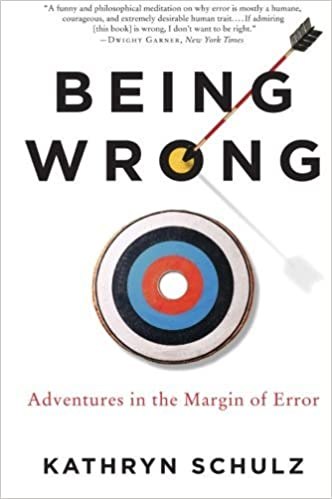
Being Wrong: Adventures in the Margin of Error by Kathryn Schulz
It’s an unusual take on our ability to own wrongness or error. We always talk about experimentation, embracing failure, and being open to learning, but Schulz shows our orientation to wrongness is fundamental to learning how to embrace change and be a learner. As we embrace change, we can unpack our worldview and our view of ourselves.
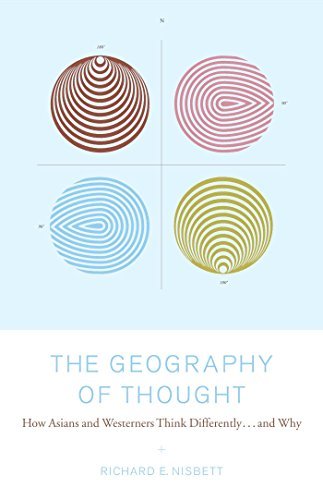
The Geography of Thought: How Asians and Westerners Think Differently...and Why by Richard E. Nisbett
This book goes into how people think depending on where in the world they are. If you work cross-culturally or travel extensively, you want to start building the awareness that people don’t see the world as you see it.
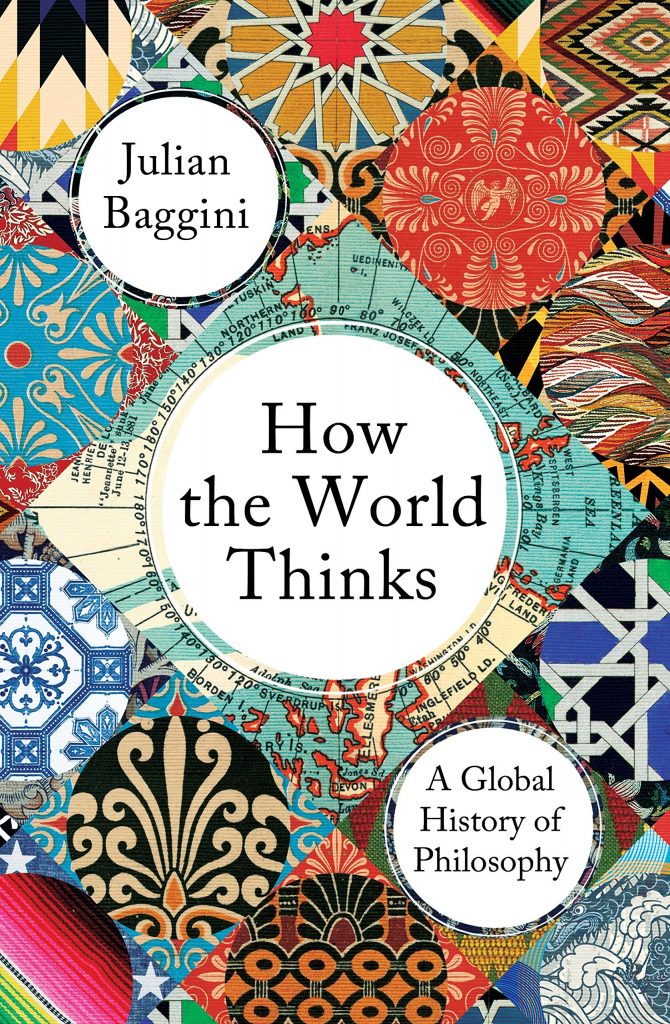
How the World Thinks: A Global History of Philosophy by Julian Baggini
Like The Geography of Thought, this book goes into how people think. If we understand that, we will understand how they act.
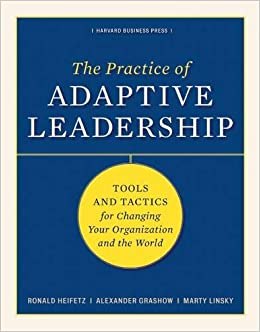
The Practice of Adaptive Leadership: Tools and Tactics for Changing Your Organization and the World by Ronald A. Heifetz
Like a handbook on adaptive leadership, this book comprises theories, practical ideas, questions and exercises.
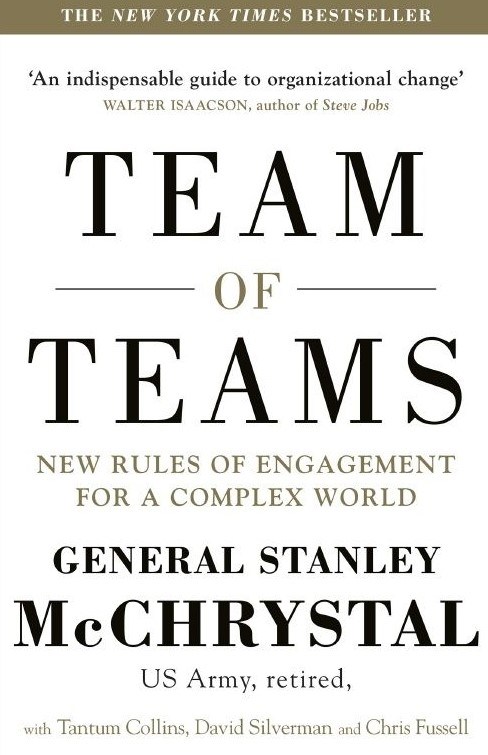
Team of Teams: New Rules of Engagement for a Complex World by Gen. Stanley McChrystal, Tantum Collins, David Silverman, Chris Fussell
This book talks about the difference between a world that is complicated and one that is complex. In a world that is complex, we need to think differently because the rules that govern a complicated world are not the same as the rules governing complexity.
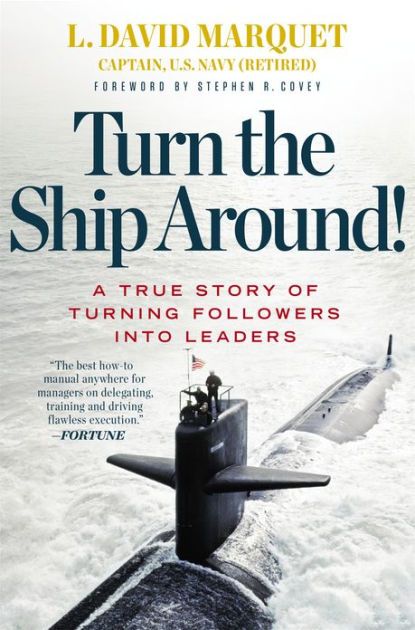
Turn the Ship Around!: A True Story of Turning Followers into Leaders by David Marquet
Marquet was a US navy nuclear submarine commander. He was given command of a nuclear submarine that was badly underperforming, but was told to get it operational in six months. He decided that the only way to do that was to give away control.
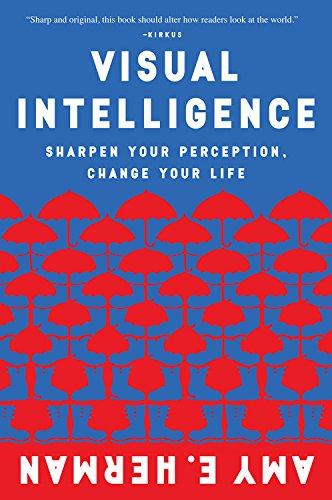
Visual Intelligence: Sharpen Your Perception, Change Your Life by Amy Herman
Herman unpacks and explains why we need to build the capacity to see what we don’t see. She talks about the need to assess correctly, the need for correct analysis and the ability to articulate accurately what we’re seeing, and the need to adapt.
Tamryn’s Recommendations:
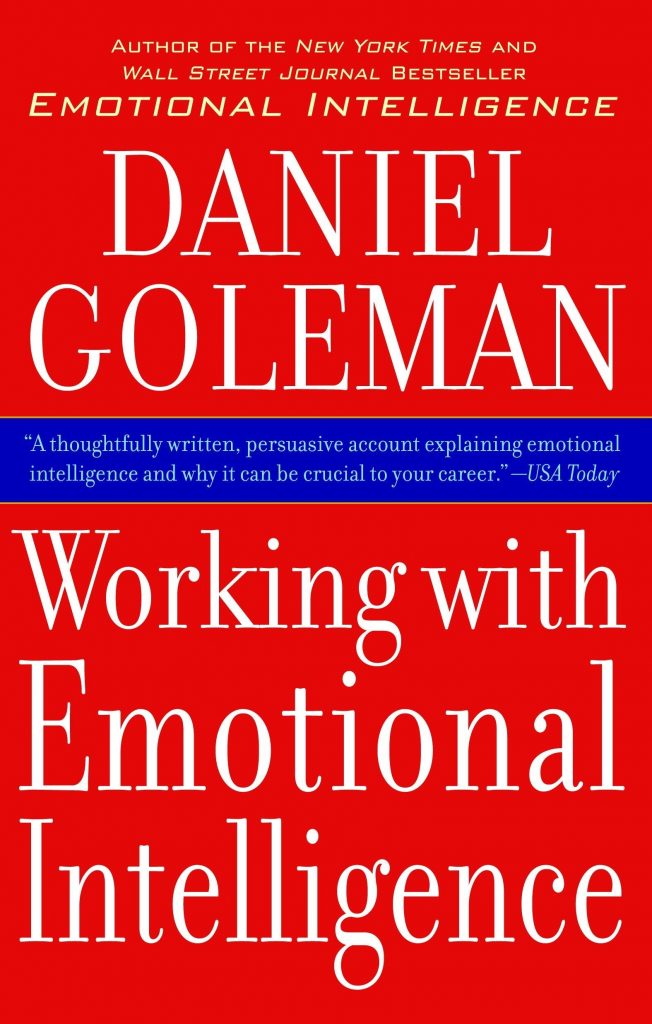
Working with Emotional Intelligence by Daniel Goleman
Emotional intelligence is an important component of leadership. This book gives you lots of practical tips into understanding your emotions and triggers – why something triggers you and how you can start to learn that really difficult lifelong skill of self-regulation.
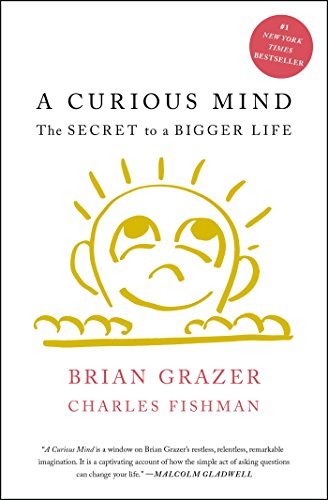
A Curious Mind: The Secret to a Bigger Life by Brian Grazer
In Grazer’s book, there is an idea of building curious conversations. What he did was that he mocked people in certain industries, such as prominent politicians and senior business people, and then sought them out intentionally. He thought specifically about the types of questions he wanted to ask or things he wanted to learn from them, and then went on to have these curious conversations with them where he came out feeling like he had really learned something.
Recommended Article from TomorrowToday
Six Enemies of Adaptability – And What To Do About Them
